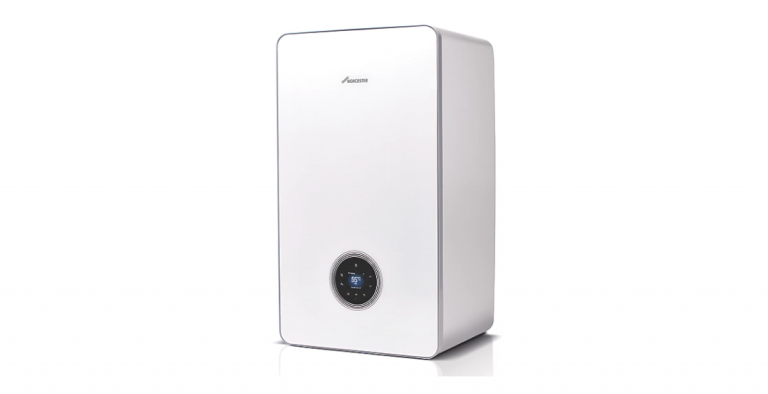Breathing Easy at Home: The Crucial Role of Indoor Air Quality
Introduction: As we spend more time indoors, the quality of the air we breathe becomes increasingly important for our well-being. In the home environment, indoor air quality (IAQ) plays a vital role in creating a healthy and comfortable living space.
Health Impact
Poor indoor air quality can have adverse effects on our health, leading to respiratory issues, allergies, and other health concerns. Ensuring clean air at home is crucial for the well-being of your family.
Allergen Reduction
Effective ventilation and air purification help reduce common allergens such as dust, pollen, and pet dander, creating an environment that is friendly to those with allergies or respiratory conditions.
Mold and Mildew Prevention
Proper humidity control and ventilation play a key role in preventing the growth of mold and mildew, which can have serious health implications. Maintaining optimal indoor air quality safeguards against these potential hazards.
Comfort and Productivity
Good air quality contributes to a comfortable and inviting home atmosphere, promoting better sleep and overall well-being. In turn, this can enhance productivity and mood for those working or studying from home.
Efficient HVAC Systems
Regular maintenance of heating, ventilation, and air conditioning (HVAC) systems ensures they operate at peak efficiency, providing clean and properly conditioned air throughout your home.
Investing in indoor air quality is an investment in the health and comfort of your home. By adopting measures to improve and maintain IAQ, you create a living space that supports the well-being of your family.
The Impact of Indoor Air Quality on Workplace Wellness
Introduction: In the modern workplace, employee well-being is a priority, and one often overlooked aspect is the quality of indoor air. A conducive work environment with high indoor air quality (IAQ) not only enhances employee health but also boosts productivity and job satisfaction.
Employee Health and Attendance
Good IAQ reduces the risk of respiratory illnesses and allergies among employees, leading to fewer sick days and increased productivity.
Increased Productivity
Proper ventilation and IAQ contribute to a comfortable and inviting workspace, fostering a positive atmosphere that can enhance focus and concentration, ultimately leading to improved productivity.
Mental Well-being
Fresh and clean air promotes a healthier mindset, reducing stress and fatigue. A well-ventilated workplace is essential for the mental well-being of employees, positively impacting their job satisfaction and overall happiness.
Regulatory Compliance
Many regions have regulations and guidelines regarding indoor air quality in workplaces. Ensuring compliance not only safeguards the health of employees but also avoids potential legal issues for the employer.
Investment in Employee Satisfaction
Demonstrating a commitment to providing a healthy work environment, including clean air, contributes to employee satisfaction and can enhance the company’s reputation as a responsible and caring employer.
Prioritizing indoor air quality in the workplace is a strategic investment that pays off in employee health, satisfaction, and overall productivity. Creating a healthy and comfortable workspace sets the foundation for a thriving and successful organization.







